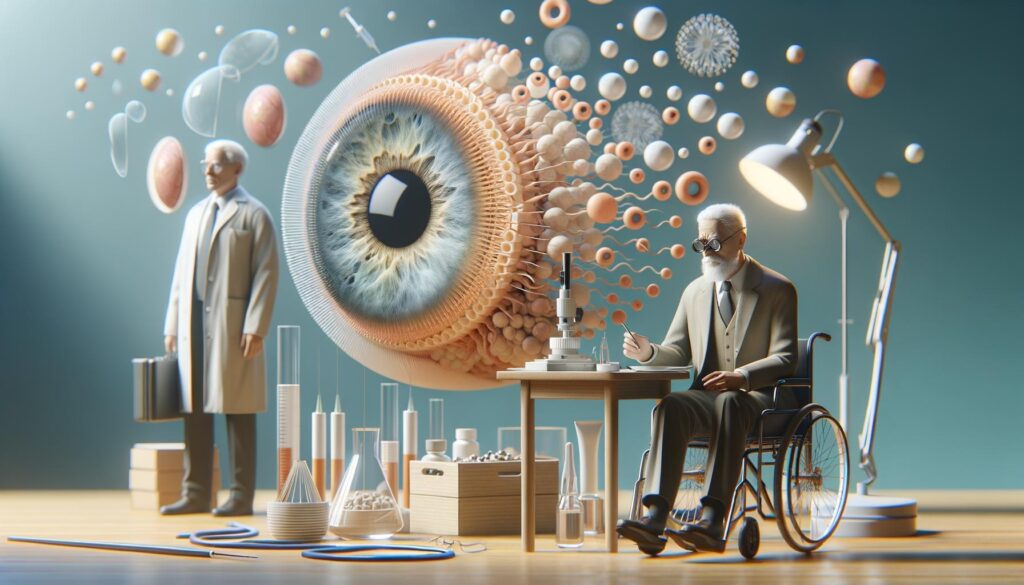Exploring Macular Degeneration Treatment Options and Their Benefits

Understanding Macular Degeneration
Macular degeneration, often associated with aging, affects the central part of the retina called the macula. This condition can lead to a loss of central vision, which is crucial for activities like reading and driving. There are two primary types of macular degeneration: dry and wet. Dry macular degeneration is the more common form and involves the thinning of the macula. Wet macular degeneration, though less common, is more severe and can lead to quicker vision loss due to abnormal blood vessel growth. Understanding these types aids in tailoring the treatment strategies best suited to an individual’s specific condition.
Diet and Lifestyle Interventions
Adopting a healthy lifestyle plays a fundamental role in managing and potentially slowing the progression of macular degeneration. Research has shown certain nutrients are beneficial for eye health, particularly in cases of dry macular degeneration. Recommended components of a vision-supportive diet include:
- Omega-3 fatty acids found in fish
- Leafy green vegetables like spinach and kale
- Nutritional supplements containing vitamins C and E
- Zinc and beta-carotene
- Lutein and zeaxanthin
Avoiding smoking and engaging in regular exercise also contribute positively. These lifestyle changes can be an effective complementary strategy to slow the disease’s progression.
Advanced Medical Treatments
For those affected by wet macular degeneration, several medical treatments are available. Anti-VEGF injections are a common intervention; they work by inhibiting the growth of abnormal blood vessels. Regularly scheduled injections help maintain stable vision for many individuals with wet macular degeneration. Laser therapy is another treatment option for specific cases, aiming to destroy abnormal blood vessels to prevent further damage. It’s important for patients to consult with their healthcare providers to choose the most effective treatment plan tailored to their specific condition.
Innovative Future Therapies
Research in macular degeneration continues to advance, promising new and innovative treatment methods. Gene therapy is one such promising avenue, aiming to address genetic factors responsible for macular degeneration. Stem cell therapy is also being investigated to regenerate damaged retinal cells, potentially reversing vision loss. While these therapies are still in the experimental stages, they offer hope for future treatments that could significantly improve quality of life for patients with both types of macular degeneration. Keeping abreast of potential breakthroughs is essential for healthcare providers and patients alike.
Benefits of Early Detection and Treatment
Early detection and treatment of macular degeneration can lead to significantly better outcomes for patients. Regular eye exams can help catch the disease in its early stages, when treatments are most effective. Benefits of early intervention include:
- Stabilizing or slowing vision loss
- Better management of symptoms
- Improved quality of life
Timely treatment can help maintain independence and reduce the psychological impact of vision loss. Patients are encouraged to consult with their eye care professionals regularly, ensuring that any changes in vision are promptly addressed and managed.
Conclusion
Understanding the treatment options and benefits for macular degeneration equips patients to make informed decisions about their eye health. While there is currently no cure, a combination of lifestyle adjustments and medical therapies can effectively manage the condition, slowing its progression and improving the quality of life. Regular check-ups and staying informed about new treatments are crucial steps for anyone at risk of or already dealing with macular degeneration. Advocating for comprehensive care and early intervention is key to achieving the best possible outcomes.
